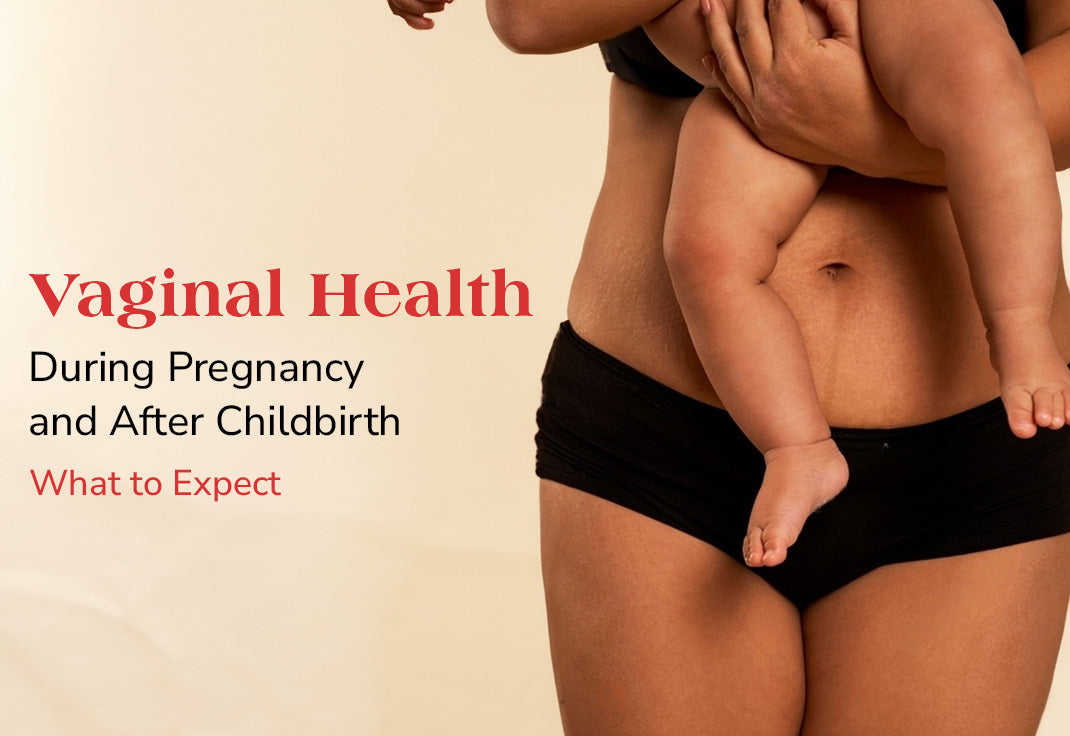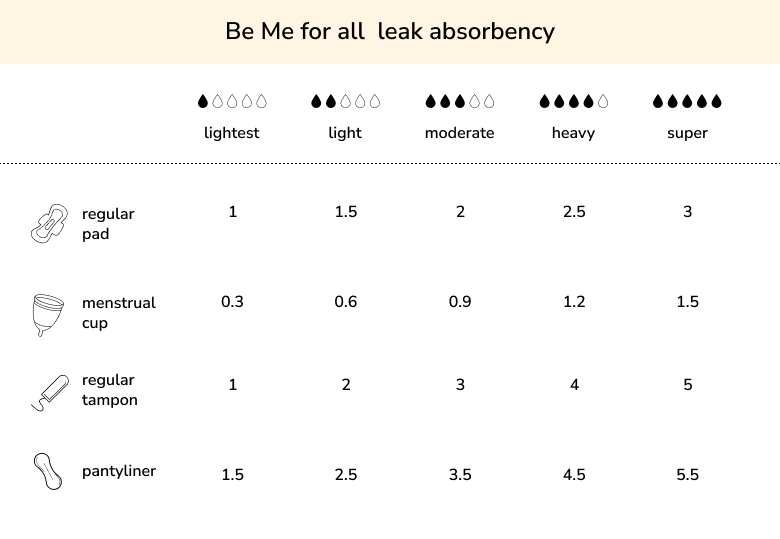
Vaginal Health During Pregnancy and After Childbirth: What to Expect
Published At
Pregnancy is a time for many changes and your body undergoes numerous transformations, specifically around your vaginal area. Knowing what is happening to your vaginal health during pregnancy and after childbirth will help you prepare for these changes and manage any discomfort you may experience. Here is a guide on what to expect and how to take care of your vaginal health during pregnancy and after childbirth.
Vaginal Health During Pregnancy
Pregnancy is a unique period of hormonal turmoil that significantly affects your vaginal health. When you are pregnant the estrogen and progesterone hormones in your body are at a surge which disrupts the delicate pH balance of your vagina, leading to variation in vaginal discharge, discomfort, and vulnerability to Vaginal infections like yeast infections or bacterial vaginosis (a vaginal infection that can increase the risk of complications during pregnancy)
Regular antenatal check-ups are important during this phase to observe these transformations closely and keep possible complications at bay. A hormone called relaxin is also produced during pregnancy, which works around loosening your ligaments and preparing your body for childbirth. This hormone affects your pelvic floor muscles, supporting the uterus, bowels, and bladder.
While being pregnant other common experiences your body goes through are early pregnancy cramps and pregnancy pelvic cramps. As your body adjusts to a growing baby a slight sensation of stretching is felt near the pelvic region, This can cause pregnancy pelvic cramps which are usually normal. However, if these cramps are severe or persistent, it is important to seek medical advice.
Vaginal Health After Childbirth

Your body undergoes many changes after childbirth, including changes related to the vagina. Some physical shifts can range from vaginal looseness and bloody discharge to pain.
1. Vaginal Laxity
It is normal for your pelvic floor muscles to lose tone and relax after childbirth. This makes your vagina feel looser, especially in the first year after delivery. This is also known as vaginal laxity. Females who deliver via C-section are unlikely to experience vaginal laxity.
Tips
Kegel exercises are perfect to strengthen your pelvic muscles. Maintaining a healthy weight and taking overall care of your body will also help your vagina return to its usual size and feel.
2. Vaginal Dryness
For a new parent who is nursing vaginal dryness is one of the most common concerns. This happens because when you breastfeed it causes estrogen level to plunge, and lack of estrogen level results in vaginal dryness as estrogen promotes vaginal lubrication and maintains vaginal elasticity and thickness.
Tips
Lubricants and vaginal moisturizers can be beneficial.
3. Vaginal Pain

Vaginal tears are common during childbirth. They can be mild or extensive, but either type of it may result in vaginal pain.
Tips
To help ease discomfort and pain, doctors prescribed over-the-counter (OTC) pain relievers are helpful. Other than this sit on padded rings or use an ice pack to cool the vaginal area.
4. Bloody Discharge
Whether it is a normal vaginal delivery or a cesarean section, the vagina excreates lochia. Lochia is a combination of tissues, blood, mucus, and fluid. It is normal and heavier at first and becomes lighter as time passes.
Tips
Lochia will stop excreting naturally over time. However, you can use organic sanitary pads as other alternatives like tampons and menstrual cups will increase the risk of infection since they can introduce the bacteria to the vagina.
5. Vaginal Swelling and Bruising
In the first seven days of your postpartum period, you will feel swelling around your cervix and vagina. There may also be bruises as well down there.
Tips
Typically in both cases swelling and bruises heal and go away over time. Unless a healthcare professional asks there is no specific treatment required for this.
Conclusion
While you are pregnant or have delivered a baby, your vagina area will be affected in different ways as you may experience such as vaginal dryness or swelling. Some of such changes may go away with time and might not need any self-care or treatment unless they worsen. Other changes may require treatments which should be done after consulting a healthcare professional. Remember healing takes time, so be patient with your body as it adjusts. For much such informative content follow us on our community page.










